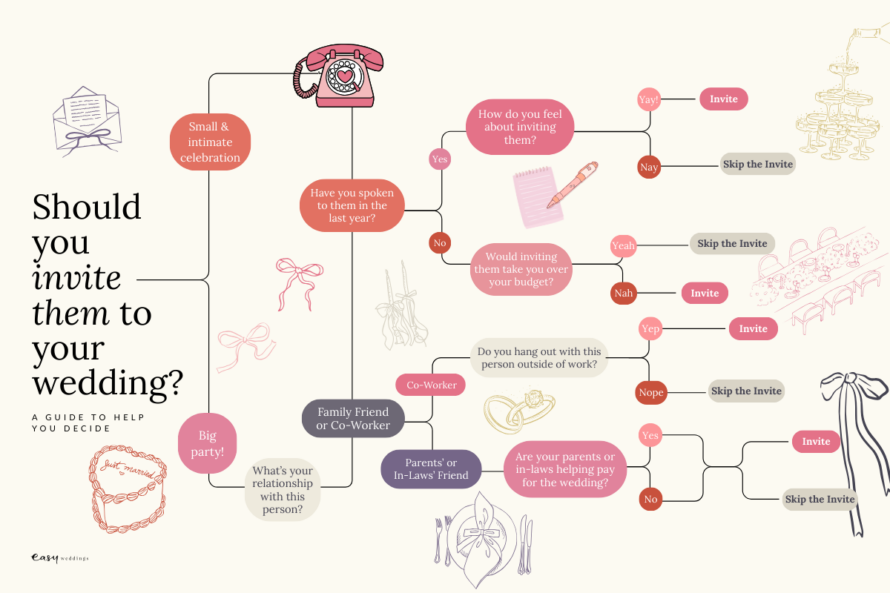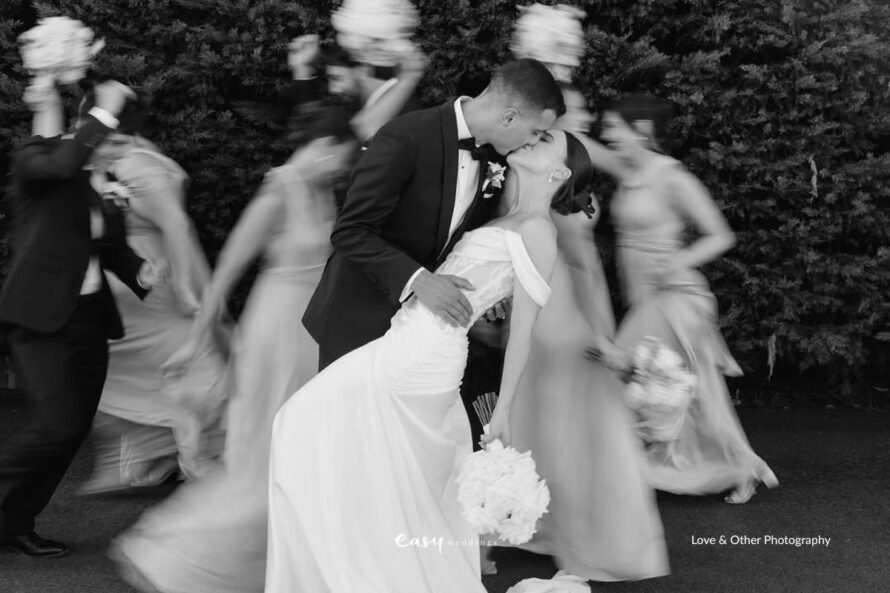Do you believe in lucky wedding dates? Even the most sensible couples can get a little superstitious when choosing the date for their big day. After all, the stakes are high!
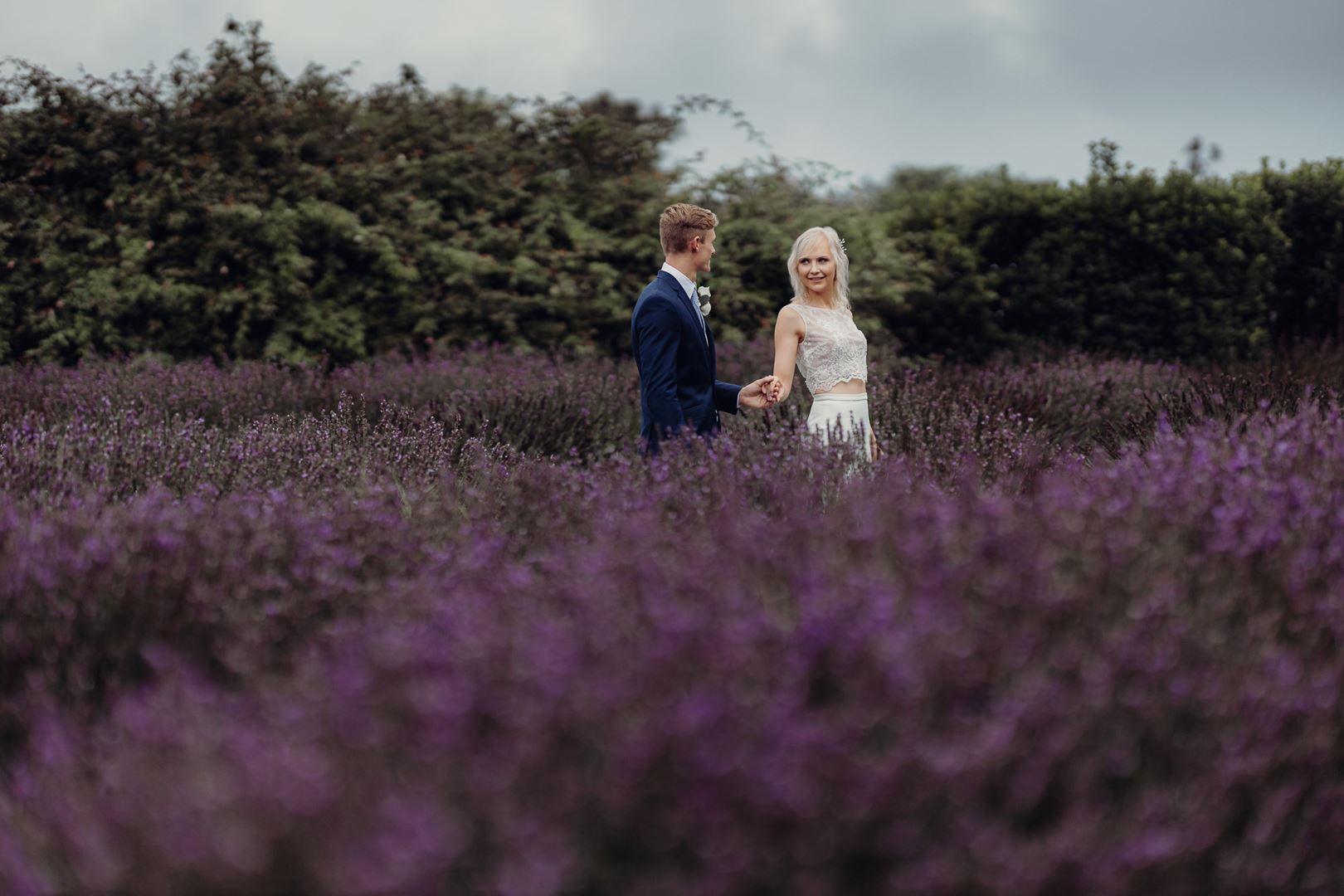
Picking a wedding date can feel like a mix of personal preference and navigating a sea of traditions — not to mention the preferences and schedules of your loved ones.
Our look into lucky and unlucky wedding dates isn’t about setting rules or strict no-go dates. We’re here to explore how certain days, months, and moon cycles carry different meanings across cultures. It’s a simple guide to understanding these traditions, whether you plan to follow them or just want a peek into the reasoning behind them.
The idea of choosing a “lucky” day for your wedding varies from one culture to another, fusing ancient beliefs with modern superstitions. Our aim is to shed light on these practices without losing sight of what’s truly important: the celebration of love between two people. Whether you find significance in these traditions or choose a date that simply feels right, this guide is here to inform and add a little fun to your planning process.
Luckiest days of the week: they might surprise you!
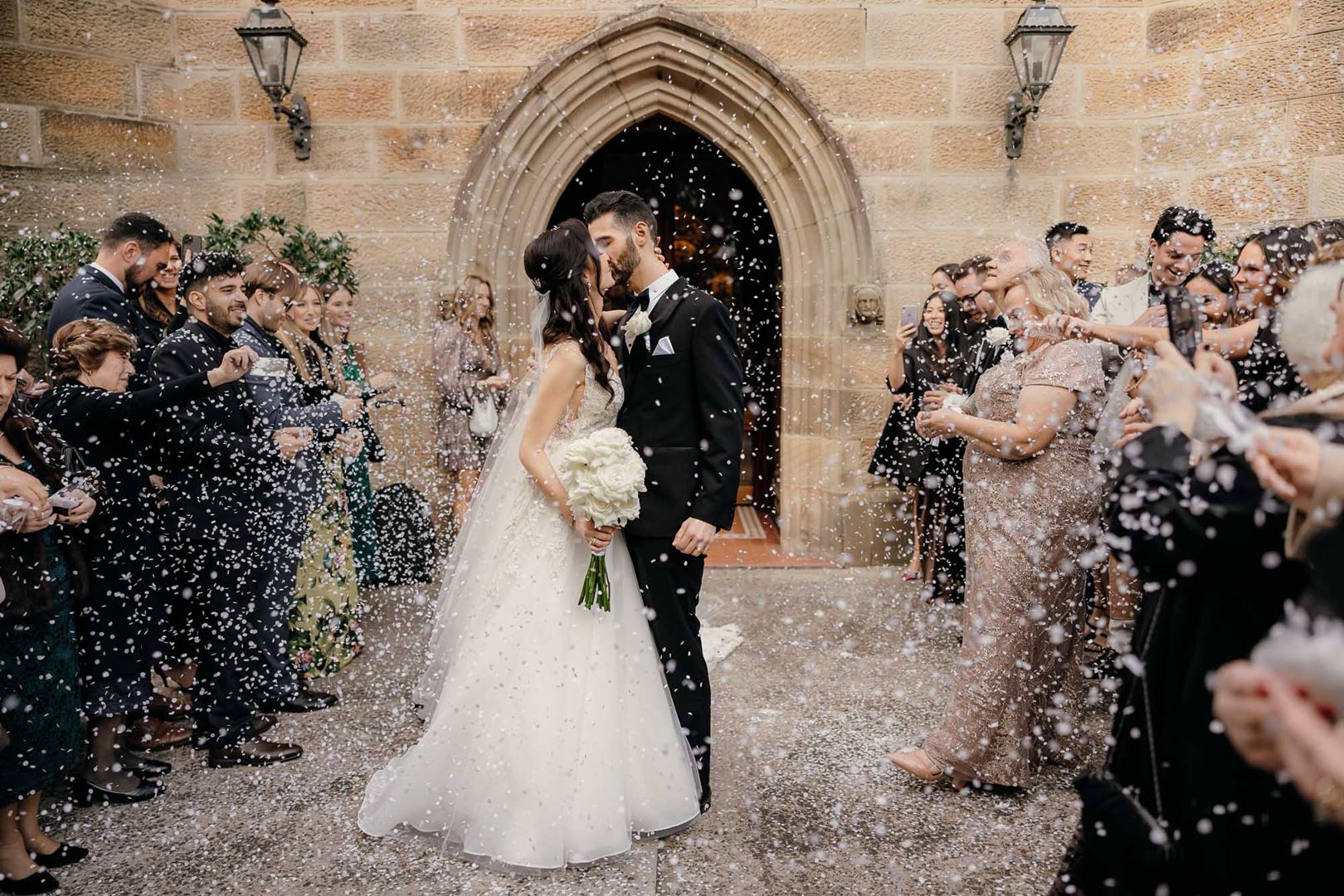
When it comes to selecting a lucky day of the week for your wedding, traditions and folklore offer a playful rhyme to guide your choice: “Monday for wealth, Tuesday for health, Wednesday the best day of all, Thursday for losses, Friday for crosses, and Saturday no luck at all.”
Fun to say, but it might not fit into your calendar of events! This charming old saying suggests that while Mondays might bring financial prosperity to your union, and Tuesdays promise a healthy relationship, Wednesdays steal the spotlight as the most auspicious day to exchange vows. According to this rhyme, Thursdays and Fridays might pose challenges, and Saturdays are best avoided if you’re hoping for an extra dose of good fortune on your wedding day.
Most lucky month to get married: June
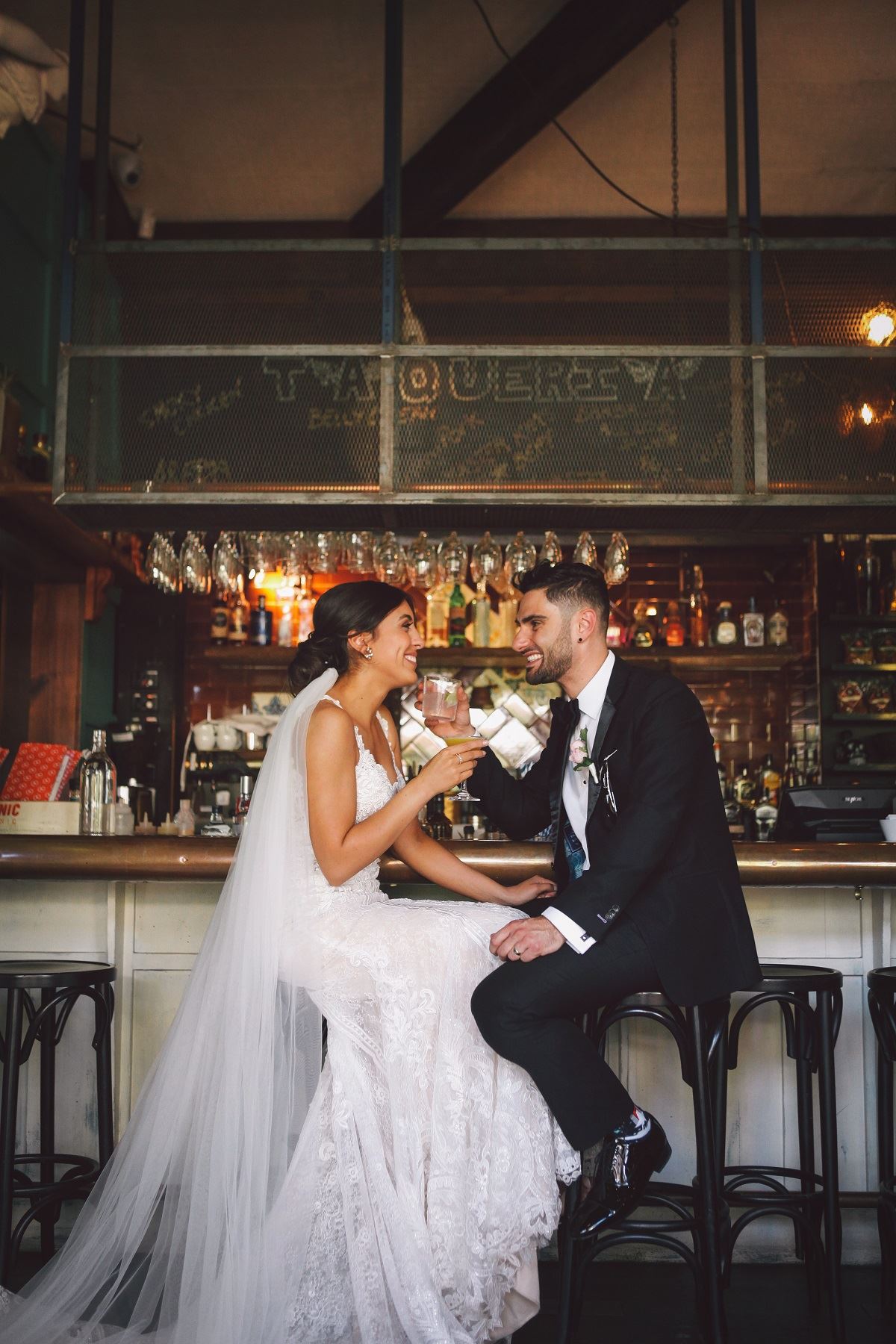
June has long been heralded as the luckiest month to get married, a tradition rooted in both ancient Roman history and the whims of nature. This month was named after Juno, the Roman goddess of marriage and childbirth, who was believed to bless those who wed in her namesake month with prosperity and happiness.
Additionally, the transition from spring to summer in June offers an abundance of natural beauty, with flowers in full bloom and the promise of sunny days, making it not only a time of great weather but also symbolizing new beginnings and growth. This combination of divine favour and the earth’s bounty makes June an exceptionally popular and auspicious choice for couples looking to start their married life on a note of luck and abundance.
Most lucky (and unlucky) moon cycle day to get married
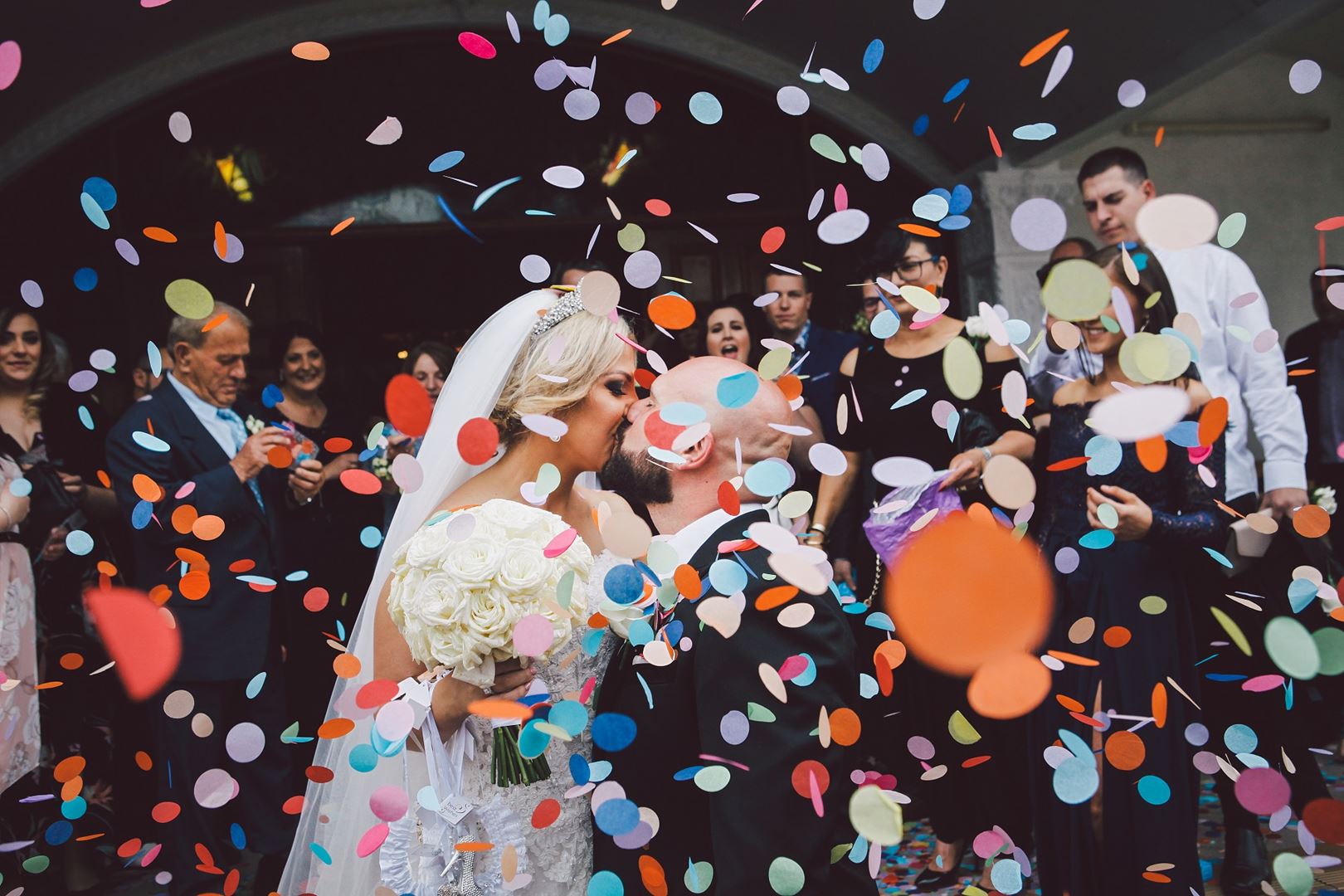
In line with traditions like Rosh Chodesh in Judaism, which celebrates the start of a new lunar month, astrological beliefs also emphasise the luck of marrying during a waxing moon, the phase following a new moon when it starts to grow fuller again. This period is seen as bringing renewal and growth, making it an auspicious time for new beginnings, such as marriage.
The advice is to time your wedding at least 12 hours after the new moon has appeared, to tap into peak levels of good fortune. However, an astrologist might suggest considering more than just the moon’s phase, including analysing the couple’s birth charts for an even more personalised and ideal wedding date.
Additionally, it’s recommended to steer clear of times when the moon is “void of course,” meaning it’s transitioning between zodiac signs, as these moments are traditionally seen as less favourable for important events. This blend of lunar timing and astrological insight offers couples a unique way to align their wedding with the cosmos for maximum luck.
Holidays to avoid for your wedding day
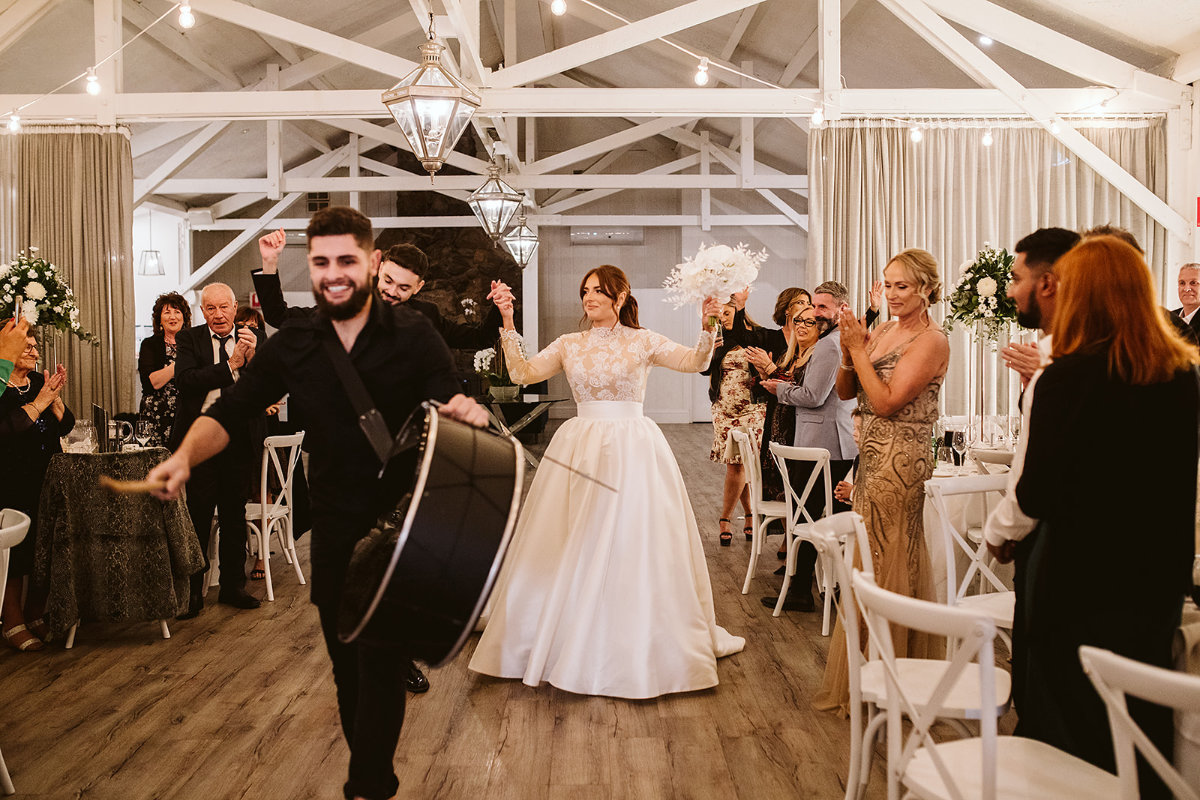
When you’re circling dates on your calendar for the big day, it’s a good move to glance over the wide world of religious holidays. Each faith has its own key dates that might not be the best pick for a wedding bash. Think of Christmas and Easter in Christianity—big family and faith moments, meaning your pals might already have plans.
Over in Judaism, Yom Kippur and Passover are major times of reflection and celebration, not exactly wedding-friendly. And if you’re eyeing a date during Ramadan in the Muslim calendar, remember it’s a period of fasting and prayer, with Eid al-Fitr right after as a big day of feast and celebration.
Hindu celebrations like Diwali and Navratri? They’re bursting with their own rituals and gatherings. Dodging these dates isn’t just about avoiding a schedule clash; it’s a nod of respect to the diverse beliefs and practices of your guests. Plus, it makes sure the people you care about can be there to cheer you on, without having to juggle major religious observances.
Are NYE Weddings lucky?
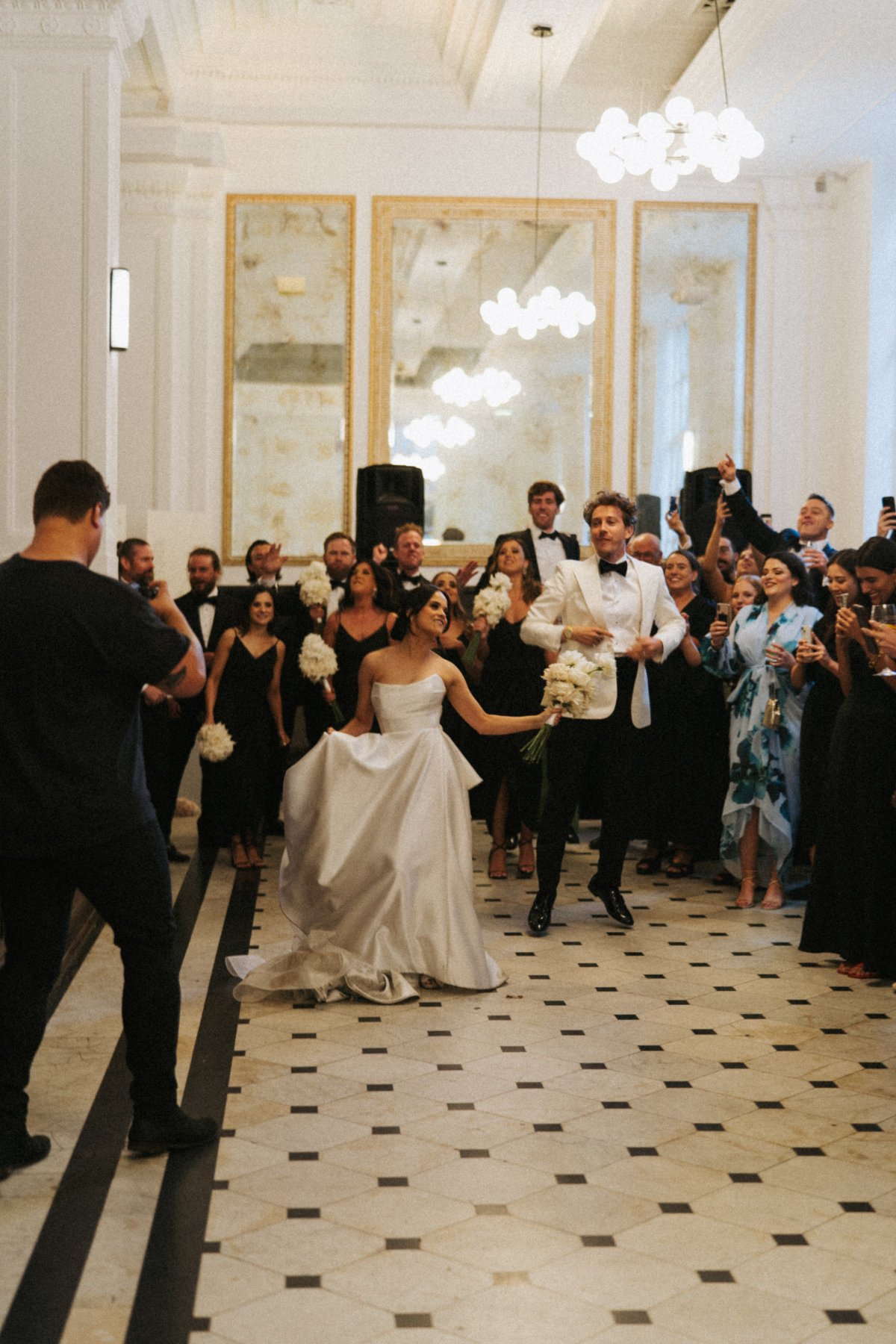
Opting for a New Year’s Eve wedding isn’t just about the glitz and the global celebrations; it’s steeped in a sweet slice of Irish wisdom too.
The Irish hold a belief that New Year’s Eve is the luckiest time of year to tie the knot. By doing so, the couple ensures they step into married life on the very first day of the new year, embodying the essence of a fresh start in its truest form. Imagine the magic of saying your vows as the old year bids farewell, only to embrace your new life together as the new year rolls in—a powerful symbol of renewal and hope.
This tradition isn’t just about having a memorable party; it’s about aligning your union with a moment full of promise and potential. Marrying on New Year’s Eve, especially with this lovely Irish notion in mind, means your journey together begins with an auspicious bang, surrounded by the optimism and joy that comes with the start of a new year. It’s a beautifully hopeful way to embark on your shared life, with each anniversary a reminder of that fresh, auspicious beginning.
Luck aside, keep in mind that your friends and family might have their own New Years traditions or be planning to go away over the break. And if you are planning on a New Year celebration? You better make it a hell of a party.

